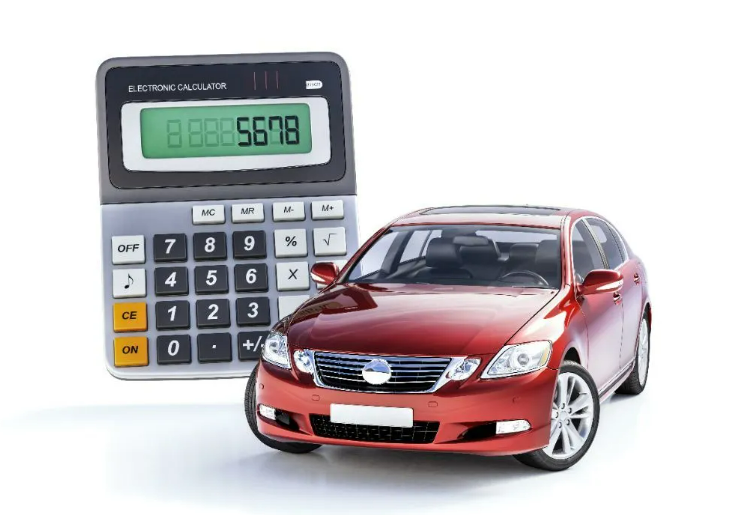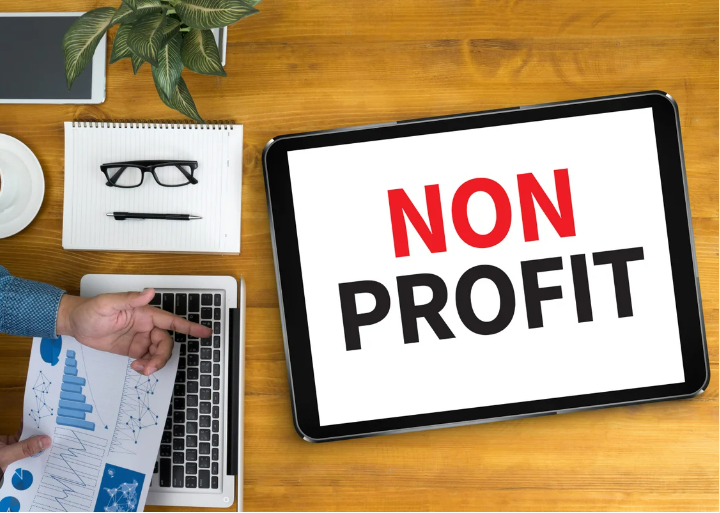How Do I Calculate The Value of My car?


Whether you’re looking to buy or sell a car, or simply curious about its value, understanding how to calculate car worth is invaluable. While it may require some research, numerous online tools can assist in accurately estimating your vehicle’s value. Bankrate’s expert insurance editorial team has developed this guide to help you grasp the factors influencing car valuation, enabling you to take informed steps in determining the value of your vehicle.
What is the resale value of a car?
Knowing the resale value of a car is crucial whether you’re buying, selling, or dealing with insurance claims for a totaled vehicle. Resale value is essentially what the vehicle can fetch on the market after factoring in depreciation.
To determine the resale value, websites like Kelley Blue Book offer instant quotes by entering details such as make, model, age, condition, and features. Subscribing to Kelley Blue Book enables tracking of your vehicle’s depreciation rate and facilitates accurate valuation. Additionally, reviewing advertised prices in local newspapers and publications provides further insight into current resale values.
How to calculate the value of your car
Determining the value of your car involves considering various factors. Taking deliberate steps in the calculation process can ensure accuracy and clarity throughout.
Gather information about your vehicle
Before calculating your car’s value, it’s essential to gather specific details about your vehicle. These include:
- Make, model, and year: Ensure these details are accurate, as confusion can arise, especially if your model is no longer in production.
- Mileage: Obtain this directly from your speedometer, as it plays a crucial role in determining the vehicle’s value.
- Condition: Vehicles in excellent mechanical, interior, and exterior condition typically fetch higher prices than those in poor condition.
- Features: The inclusion of upgrades like all-wheel drive, a sunroof, or anti-lock brakes can impact resale value significantly.
- Color: Surprisingly, color can affect resale value. Colors like yellow, orange, and green, especially on sports cars, can command higher prices due to their rarity. In contrast, common colors like white, black, and blue may have lower demand and value.
Consult a pricing guide or car value estimator

Car value pricing guides are readily available across the internet and are user-friendly tools for determining the worth of your vehicle. These guides typically require you to input specific details about your car, such as its make, model, year, mileage, condition, features, and color. Here are three popular car value estimator sites:
- Kelley Blue Book (KBB): Established in 1926, Kelley Blue Book is renowned for its trusted car valuations. KBB’s website allows you to enter comprehensive information about your car, utilizing proprietary software to compare your vehicle against daily price data from wholesalers, dealerships, manufacturers, and others in the automotive industry.
- Consumer Reports: Known for its comprehensive reviews of new vehicles, Consumer Reports also offers a user-friendly platform for valuing your car. The site provides practical information on steps you can take to enhance your car’s value, making it a valuable resource for car buyers and sellers alike.
- J.D. Power Cars: Formerly NADAguides, J.D. Power Cars utilizes extensive data from millions of automobile sales to provide accurate valuations. The site offers historical valuation archives that offer deeper insights into vehicle pricing trends over time. J.D. Power is respected for its influential vehicle ratings and reviews, as well as evaluations of car insurance companies and related services.
- Edmunds: With over 50 years of expertise, Edmunds offers a comprehensive suite of tools including video reviews, new and used car listings, free appraisals, and calculators to assess market prices. The site also features annual lists of top-rated cars and additional resources to assist users in navigating the automotive market.
While these sites may generate slightly different values due to varying data comparison methods, the differences are typically minor. Comparing values from multiple sources can provide you with a well-rounded perspective and ensure you have the most accurate information available.
Research the market
Using car estimator sites can provide a good starting point for determining your vehicle’s value, but several other factors can influence its resale price. Here are some conditions that often affect the determination of a car’s resale value:
- Location: The region where you live can significantly impact your car’s value. Certain vehicle types may be more desirable in specific areas, influencing pricing variations.
- Seasonal Trends: Car pricing can fluctuate seasonally. For instance, convertible cars might fetch higher prices during warmer months when demand increases.
- Customizations: Any unique modifications or enhancements to your car, such as custom paint jobs or upgraded interiors, can add or detract from its resale value.
To account for these variables, consider checking prices of similar vehicles in local newspapers or online marketplaces like Autotrader.com. If comparable vehicles are scarce in your area, you might need to estimate your car’s value based on your knowledge of any upgrades and their impact on pricing.
Terms and phrases to know when calculating resale value for a car
When entering the car buying or selling process, understanding the terminology used can be advantageous. Equipping yourself with knowledge about your vehicle and the automotive industry can level the playing field. Here are some common terms and definitions frequently used in the market that are worth familiarizing yourself with:
| Terms and phrases related to car value | Meaning |
|---|---|
| Depreciation | The depreciation of your car is defined as the decline in its value from the time of purchase to the time of sale. It’s well-known that a car starts depreciating as soon as it’s driven off the dealer’s lot, reflecting the wear and tear accumulated over the years of ownership. |
| Retail value | The retail value refers to the price set by a dealership for a new or used car, which is the amount you pay when buying a vehicle from them. |
| Trade-in value | This is the amount a dealer will offer you when you trade in your car for a newer model. Typically, this offer is less than the retail price the dealer will charge for the same car after they’ve cleaned it and made it ready for sale. |
| Private-party value | If you buy a car from a private seller instead of a dealership, you’ll pay the private-party value. This price is often lower than what a dealer would charge because private sellers typically don’t incur the costs of refurbishing the car before selling it. |








